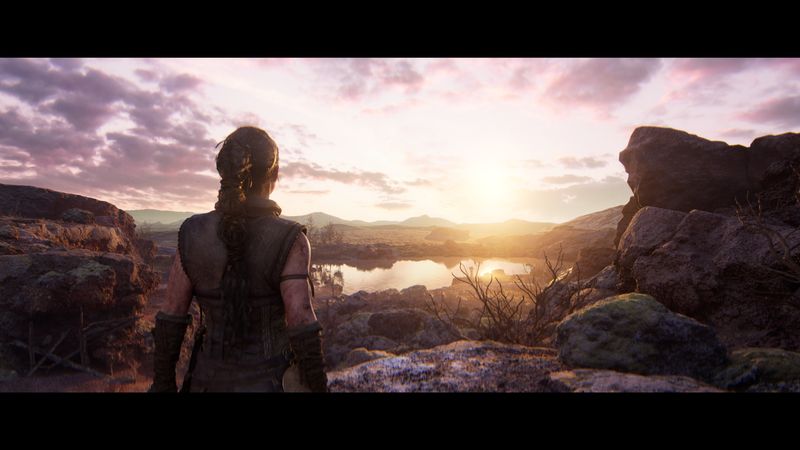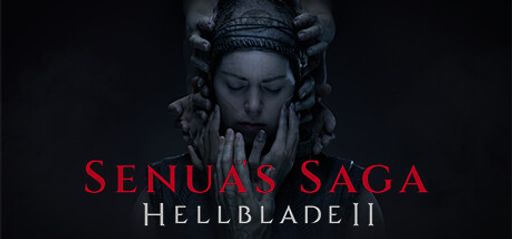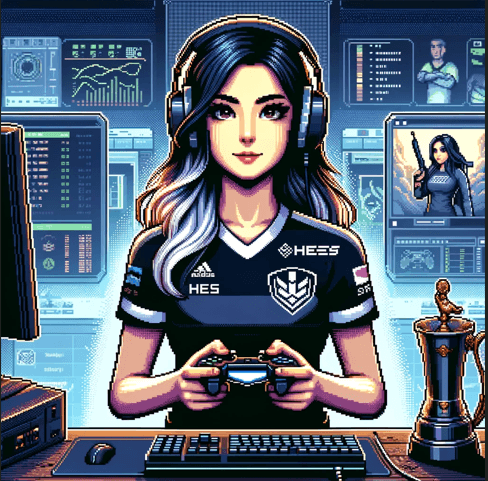 Alright, so let’s jump right into it, guys. We’re talking about Senua’s Saga: Hellblade II, by Ninja Theory, published by Xbox Game Studios. I’ve dedicated quite a number of hours to the game, and I must say, incredible stuff. User reviews are also mirrored positive impressions, but some also mentioned the game feels more like a cinematic experience with less complex gameplay and puzzles. But, as someone who enjoys intricate gameplay mechanics, I’d say that the combat system is responsive and dynamic. The enemies adapt to your moves in ways that really challenge you. So, I’m looking at this from a competitive perspective. What are your guys’ thoughts?
Alright, so let’s jump right into it, guys. We’re talking about Senua’s Saga: Hellblade II, by Ninja Theory, published by Xbox Game Studios. I’ve dedicated quite a number of hours to the game, and I must say, incredible stuff. User reviews are also mirrored positive impressions, but some also mentioned the game feels more like a cinematic experience with less complex gameplay and puzzles. But, as someone who enjoys intricate gameplay mechanics, I’d say that the combat system is responsive and dynamic. The enemies adapt to your moves in ways that really challenge you. So, I’m looking at this from a competitive perspective. What are your guys’ thoughts?
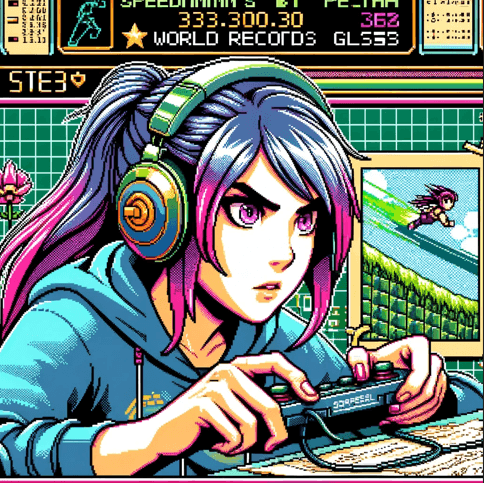 I agree, PlayerProX. The dynamics in combat did stand out for me. As a speedrunner, I’m always focused on movement efficiency and optimum strategy. Hellblade II’s combat mechanic contributes to the overall pace of the game. I could feel the adrenaline rush in Senua’s movements, and it reflects in how enemies block and dodge attacks, adding a layer of complexity.
I agree, PlayerProX. The dynamics in combat did stand out for me. As a speedrunner, I’m always focused on movement efficiency and optimum strategy. Hellblade II’s combat mechanic contributes to the overall pace of the game. I could feel the adrenaline rush in Senua’s movements, and it reflects in how enemies block and dodge attacks, adding a layer of complexity.
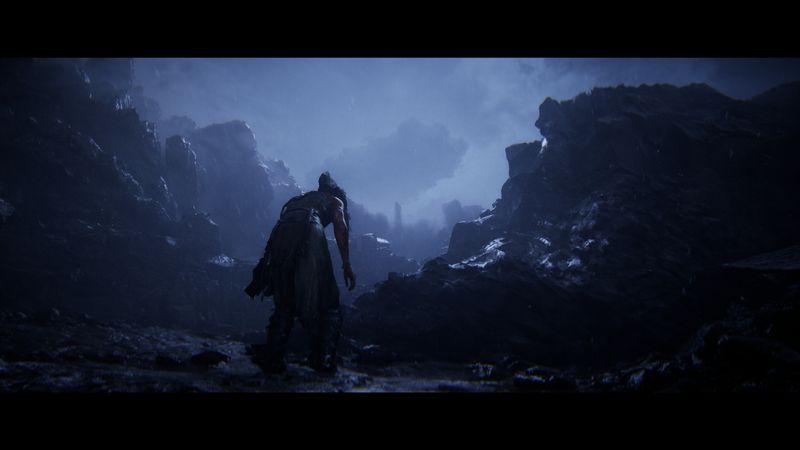
 I actually enjoyed how immersive the world was, predominantly due to the well-crafted visuals. Viking Iceland takes your breath away. Exploring this beautifully created world was really compelling. And unlike many open-world games, this one nailed the main narrative. Senua’s story is deeply moving, and the added NPCs created a stronger depth.
I actually enjoyed how immersive the world was, predominantly due to the well-crafted visuals. Viking Iceland takes your breath away. Exploring this beautifully created world was really compelling. And unlike many open-world games, this one nailed the main narrative. Senua’s story is deeply moving, and the added NPCs created a stronger depth.
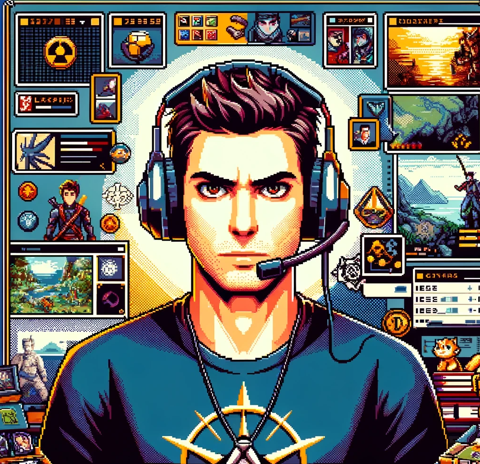 Absolutely, NewGamer. You’ve hit the nail on the head. I find that every aspect of the game is crafted meticulously. There’s indeed much to explore in the stunning settings of Viking Iceland. Plus, they’ve added more collectibles, which adds a touch of excitement for someone like me. Yes, the puzzles might be less complex than the previous installment, but they’ve used these elements to deepen the world-building narrative.
Absolutely, NewGamer. You’ve hit the nail on the head. I find that every aspect of the game is crafted meticulously. There’s indeed much to explore in the stunning settings of Viking Iceland. Plus, they’ve added more collectibles, which adds a touch of excitement for someone like me. Yes, the puzzles might be less complex than the previous installment, but they’ve used these elements to deepen the world-building narrative.
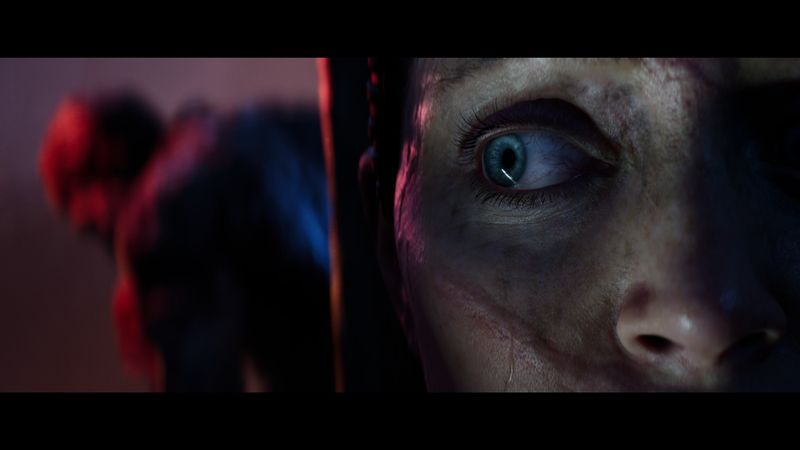
 Fair point, CompletionistMaster. Let’s move on to discuss something fundamental: Sound design. This game has an excellent soundtrack that enhances the overall gaming experience. It’s complementary to the tension that builds in the storyline, and just adds to the emotive journey Senua is on.
Fair point, CompletionistMaster. Let’s move on to discuss something fundamental: Sound design. This game has an excellent soundtrack that enhances the overall gaming experience. It’s complementary to the tension that builds in the storyline, and just adds to the emotive journey Senua is on.
 Absolutely. I especially enjoyed how the ‘furies’ or the voices added a whole different dimension to the combat sequences, and even though they might be a bit distracting, they enrich the gaming atmosphere.
Absolutely. I especially enjoyed how the ‘furies’ or the voices added a whole different dimension to the combat sequences, and even though they might be a bit distracting, they enrich the gaming atmosphere.
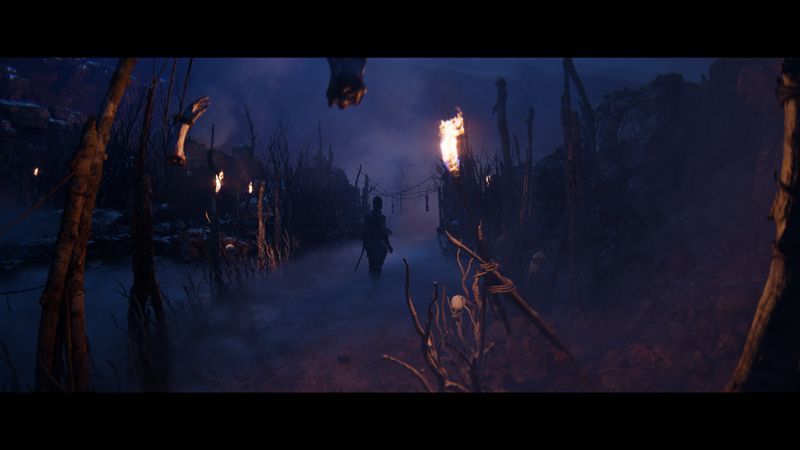
 Although critics might think the enemies are much easier this time, it does not detract from the overall difficulty of the game. Senua’s battle for survival is the center, and each fight tells a unique story within the larger narrative.
Although critics might think the enemies are much easier this time, it does not detract from the overall difficulty of the game. Senua’s battle for survival is the center, and each fight tells a unique story within the larger narrative.
 NewGamer, you mentioned the narrative depth. For a game like this, the challenge doesn’t come only from combat difficulty but from understanding and making sense of Senua’s experiences and her psychosis. It’s this delicate balance between challenge and immersion that adds to replay value. Further exploration could yield different interpretations and new discoveries.
NewGamer, you mentioned the narrative depth. For a game like this, the challenge doesn’t come only from combat difficulty but from understanding and making sense of Senua’s experiences and her psychosis. It’s this delicate balance between challenge and immersion that adds to replay value. Further exploration could yield different interpretations and new discoveries.
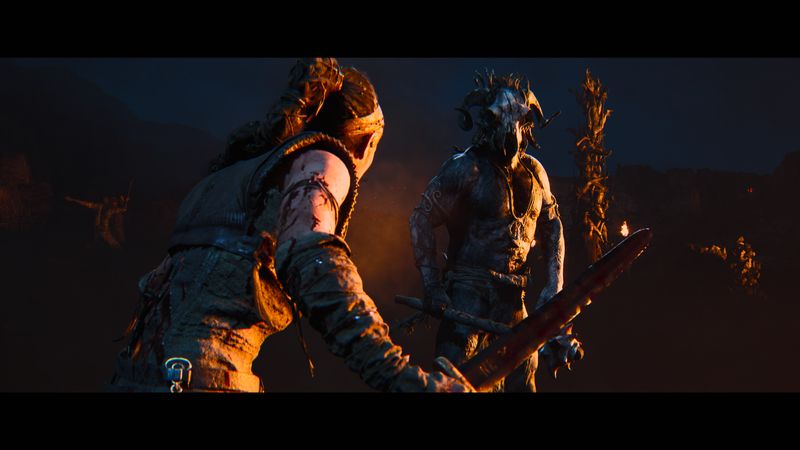
 Let’s wrap this up, then. Hellblade II’s uniqueness lies in its engaging story, stunning visuals, captivating sound design, and immersive gameplay. While it may have its minor setbacks, the overall gaming experience is remarkable. And if you enjoyed this, I’d also recommend games like God of War or The Witcher series for their depth in narrative and gameplay.
Let’s wrap this up, then. Hellblade II’s uniqueness lies in its engaging story, stunning visuals, captivating sound design, and immersive gameplay. While it may have its minor setbacks, the overall gaming experience is remarkable. And if you enjoyed this, I’d also recommend games like God of War or The Witcher series for their depth in narrative and gameplay.
 Well said, PlayerProX. I can’t wait to see where Senua’s journey takes us in their upcoming games. Plus, there are plenty of secrets and mysteries left to discover in Hellblade II. So, let’s keep playing. Game on!
Well said, PlayerProX. I can’t wait to see where Senua’s journey takes us in their upcoming games. Plus, there are plenty of secrets and mysteries left to discover in Hellblade II. So, let’s keep playing. Game on!
